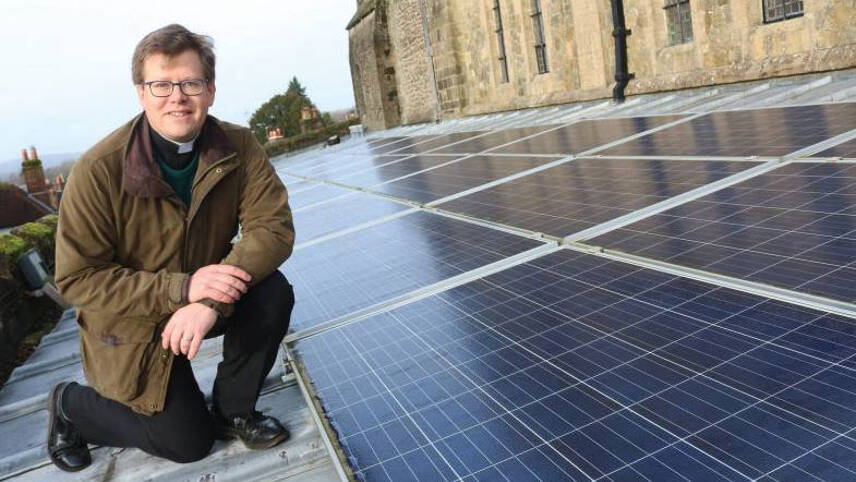Register for free and continue reading
Join our growing army of changemakers and get unlimited access to our premium content

Image: Church of England
In addition to minimising carbon emissions resulting from energy consumption in buildings, the Church aims to save money by enhancing energy efficiency and transitioning to renewable energy sources.
Funding for the project is provided by the Church Commissioners for England and the undertaking is structured in several phases.
The Church Commissioners’ net-zero carbon programme director Julian Atkins said: “The announcement today represents the first major milestone of the Church of England’s net-zero carbon programme, and there is much more to come.
“There will be more details on how dioceses and parishes can apply for support in the coming weeks and months – and what we learn during this phase will inform the future phases of our work.”
The first phase of the programme will provide support for dioceses, parishes, and schools through a range of grants, offering crucial assistance in reducing carbon emissions.
A total of 600 churches with the highest energy consumption will receive fully funded energy audits, along with grants for creating action plans and initiating projects. An additional 1,000 churches will be eligible for subsidised audits.
Furthermore, the programme has a ‘Quick Wins’ component to fund projects like the installation of lighting and heating solutions.
The initiative also encompasses a ‘Pilot and Evaluation Fund’ to support trials withf net-zero carbon technologies. This will be complemented by packages of support for demonstrator churches, which will subsequently share their successes in reducing carbon emissions to inspire other places of worship to follow suit.
Cathedrals will also undergo evaluation. Energy surveys will be conducted in more than 100 Church of England clergy houses across four dioceses, encompassing various housing types and uses. These surveys are designed to determine the requirements for achieving the net-zero carbon goals.
Church of England drives climate action
The Church of England has a 2030 net-zero target. Supporting this goal, it has mandated that all its cathedrals must transition to clean electricity by the close of 2024. Recent developments include York Minster, one of the country’s largest cathedrals, receiving permission to install solar panels on its roof and introducing underground battery storage systems.


Please login or Register to leave a comment.